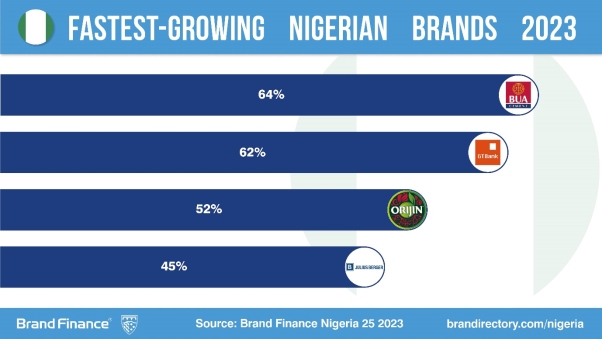The Nigerian Land Use Act (LUA) promulgated as Decree 6 of 1978, by the General Olusegun Obasanjo’s Military regime and made part of the constitution one year after, this year clocked 40 year without any form of review till now.
He said going by the provisions of the law and choice of language used in writing the law which made reference to all states’ chief executives as ‘Military Governors’, an elected state governor is not supposed to superintend the law as he or she is not a military governor under a democratic dispensation.
He argued that “Imagine a law made 40 years ago, which vested all lands in the state in the ‘Military Governor’ of the state. There is a need to amend this sentence to simply read ‘Governor’ since we are no longer under a military junta. I wonder why nobody has gone to court to challenge any of the civilian governors for operating under a law that is meant for only military governors.
“The law vested all land in any state in the military governor of the state without giving the Federal Government power to acquire land in the states. Before the law, the power of ‘eminent domain’ existed for the Federal Government to invoke if it needed to acquire land in any part of the federation for overriding public purposes.
“But under the Land Use Act, the Federal Government must go and beg the states for land in order to do anything in the states no matter how important it is to national affair. I think the Federal Government should have an unfettered access to land in any part of the federation for public usage.”
Findings show that the Act remains the only law of the federation that has not been given any form of amendment in the last 40 year upon its observed pitfalls and several clogs on the wheel of housing progress in the Nigeria.
In an interview, the Principal Partner, Kola Akomolede and Co., Chief Kola Akomolede, advised the National Assembly to, as a matter of urgency, begin a holistic review of the Act to open up lands for private sector developers to have seamless access to land for housing supply.
He said “The National Assembly must, therefore, take a serious look at the law and either set in motion the machinery to carry out a review or remove the law from the constitution to make it amenable to review as and when the need arises”.
According to him, “the inadequacies in the law are frustrating the zeal of developers to go the extra mile in delivering affordable housing units over the years which has contributed to the surging housing deficit facing the country”.
Akomolede argued further that a law which only allows a person to own a maximum of half a hectare of undeveloped land at any particular time is not good for estate developers who need several hectares to develop houses, which they sell to the public either wholly or via mortgage.
Analysts say by the moribund provisions of the Act, all allocations that had been given to developers or industrialists, for instance, which exceeded half a hectare, were in violation of the law.
Besides, other aspects of the Act that are moribund include provisions for the establishment of land use and allocation committees for the purposes of advising the governors on the management and allocation of land in their states which are not in any state today.
Apart from such a committee not being in any state any longer, that particular aspect of the Act has technically made states governors to become the sole allocators of land which many of them do only to faces and interests they like.
According to Chief Felix Ezeanya, a lawyer “This is not the intention of the law. It does not seek to create a monopoly of the authority to allocate land. The law should therefore be amended to make it compulsory for the state governors to always have a land use and allocation committee in place for the allocation of land to be valid.
“This will curb the abuses we have witnessed all over the country in the way state land is being distributed to family members and cronies of the governors only. The clause on governor’s consent to all subsequent transactions need to be revisited as it has become a clog in the wheel of progress in the process of transfer of interest in land in some states. Some states have turned it into a money making exercise by demanding a very high percentage of the value of the land as consent fees.”
Continuing, Chief Ezeanya argued further that some part of the Land Use Act, especially the area of compensation, were also in conflict with the constitution, saying “The 1979 Constitution has provided that ‘no person’s property shall be acquired without adequate compensation’. Sections 29 – 33 of the Land Use Act does not make provision for adequate provision, thereby creating a conflict. Since the Land Use Act has been made part of the same constitution, this conflict must be removed”.









